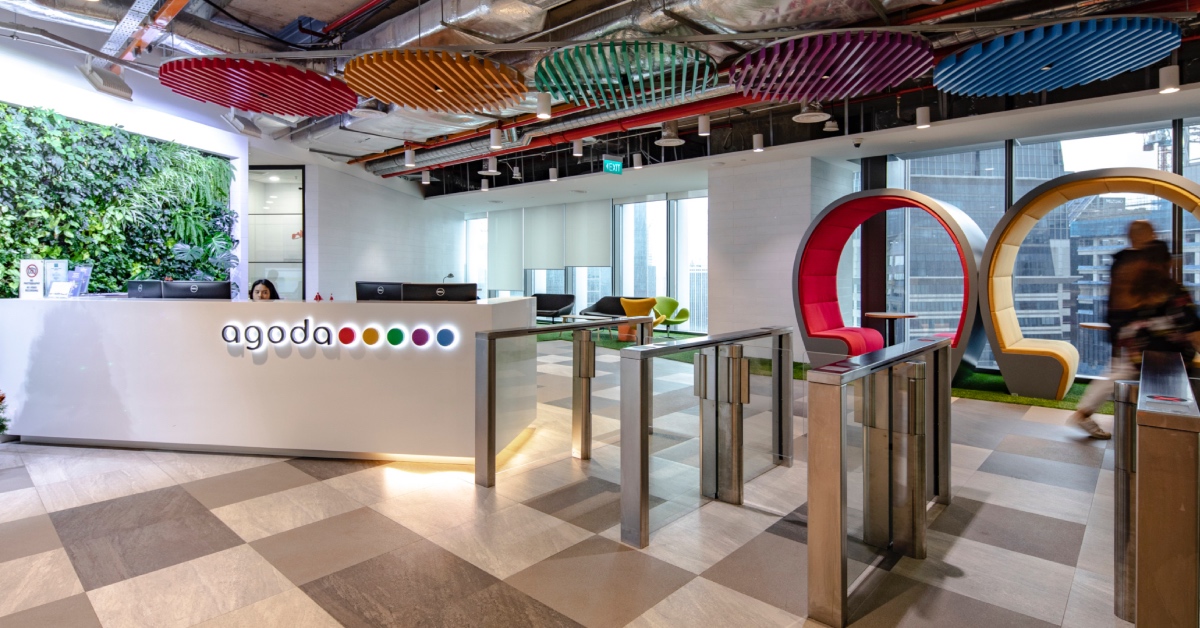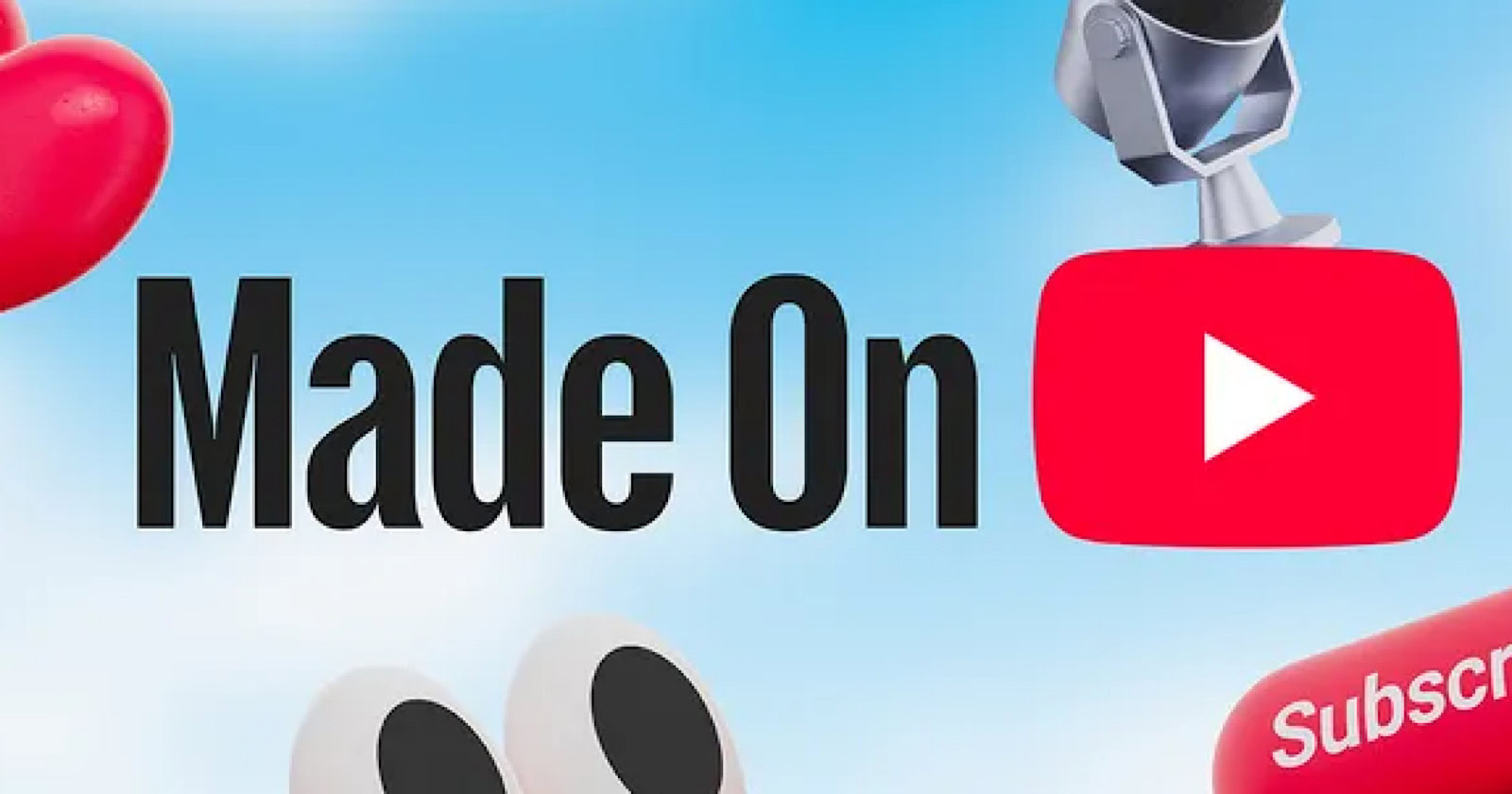Finding courage: a guide for agencies
Agency-client relationships have gotten too lopsided. Here’s how to start fixing the imbalance.

This is an article about our industry’s scarcest resource: bravery.
Bravery is a dwindling commodity in the business world, and for anyone working in a creative profession, it’s becoming all too rare.
This column typically focuses on issues of equal relevance to both clients and agencies, but there is a growing imbalance between the two, and the marketing industry is increasingly defined by lopsided relationships.
Bravery is the antithesis of fear, and the paralytic effects of fear on creativity have been well-documented. Fear of losing a client has been the albatross around the neck of agency CEOs ever since holding companies put the bottom line on top of the priority list.
So we can all agree that fear is bad, but does that mean we have to be brave? Can we instead settle for confident or affable? Bravery is hard. It sounds risky, even dangerous.
You know what’s really dangerous? Not being brave.
Everyone knows a mean dog can smell fear, and yet the default behavior by agencies has been to kowtow to clients who behave badly. Most clients are great partners to their agencies, but in such a small industry even good clients will suffer by association if we don’t stop the villains from ruining things for everyone.
Agency fees are half what they were 10 years ago, the power of procurement has never been greater and client-agency relationships are shorter than most first marriages. Tragically, the industry approach to these pressures has not been solidarity. For every agency standing up for their fees, another agency is willing to say they’ll do it for free for six months.
Appeasement is never the answer. Maybe it’s time for agencies to stand up and call out clients who talk publicly about partnership and then privately refer to agencies as vendors.
The Martin Agency CEO recently stood up. The consistently courageous Kristen Cavallo called the cavalier clients at Coinbase kleptomaniacs for claiming creative credit.
Now, if you love creativity (and alliteration) as much as I do, you probably cheered or liked one of the many posts on LinkedIn that celebrated someone speaking up and saying out loud what every agency has been thinking.
From the days of Don Draper to today, great agencies have been creative consultancies, and yet they aren’t treated or paid like consultants. If clients think big again and let the agency have a seat at the table, it might change much more than your marketing. That brand idea you want to put through weeks of creative testing is actually a business idea. The right campaign can galvanize your culture, focus your innovation pipeline and transform your customer experience.
Agencies used to meet regularly with CEOs or company founders, but now an agency relationship is often confined to the middle of an organization—a narrow view of business through the lens of marketing and sales. Those clients often have as limited access to their upper management as the agency, which means creativity dies in an endless cycle of second-guessing.
Uncertainty leads to fear, and fear leads to people acting out. Only through bravery can we break the chain of diminishing returns.
What does it mean to be brave? For starters, agencies should go back to basics and not only stand up for themselves, but for each other.
Talk to each other. If an agency gets ghosted by a client, other agencies should know about it. Ghosts hide in the dark, so shine a light on them.
Make sure you get paid. I once interviewed a client who bragged that because his brand was famous—one that every creative agency wanted on their reel—he could squeeze and underpay every agency he hired.
Own your ideas. Look at how creative IP is treated in Hollywood versus the ad industry. (And while we’re at it, why haven’t the nice folks who created “Ted Lasso” cut a fat check to the team that created the character for an ad?) Even if you don’t win the business, you should get paid for any ideas that get made.
Protect your people. That tin-pot telecom tyrant does not get to yell at you, even if he no longer likes the color of the homepage he approved last week. Acting like a jackass exposes your insecurity, it does not assert your authority. There are too many clients who believe that casually abusive behavior is defensible in the name of stress, deadlines or ambition.
Collaborate and celebrate. Any campaign that makes it past the gauntlet of approvals to actually get produced only got there because of a team of people doing a thousand little things that led to a big idea. For example:
A smartass remark from the account director might inspire the planner to tell a story that prompts the art director to interrupt and ask the producer if their dog is home from the vet, which makes the copywriter think there should be a dog in the spot, but the client is more of a cat person so they compromise and go with a monkey, and since monkeys are always hilarious the commercial scores big on memorability and engagement, which gives the client enough confidence to increase the ad budget, which makes the campaign so famous the brand takes over the category, so the parent company grows big enough to hire thousands of people, which saves the local economy of the small town where their factory is located and changes the life of a young girl whose parents almost got laid off but who can now afford to send her to a special boarding school, which turns out to be Hogwarts, where she meets a young boy named Harry and, along with their friend Ron, defeats the Dark Lord Voldemort, thereby saving every living person on earth—wizards and muggles alike.
You get the idea. All too often agencies celebrate a select few when work gets awarded, and that cult of personality sends the wrong signals to clients and encourages the egocentric impulses of celebrity-wannabe CMOs. Agencies should be generous in their praise and always model the behavior they expect from clients.
If agencies come together around these simple shared values, clients might be reminded that creativity comes from inspiration, not intimidation.
See? Bravery isn’t so scary, after all.

 MikeTyes
MikeTyes 


























.jpg&h=630&w=1200&q=100&v=f776164e2b&c=1)


.jpg&h=630&w=1200&q=100&v=f776164e2b&c=1)

